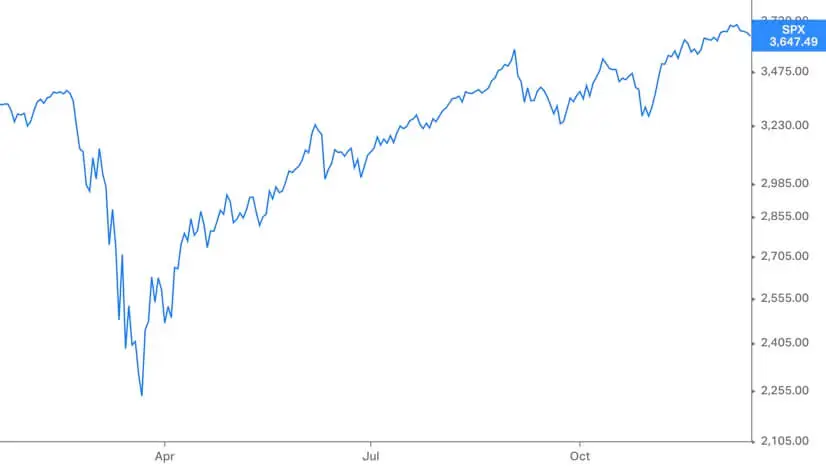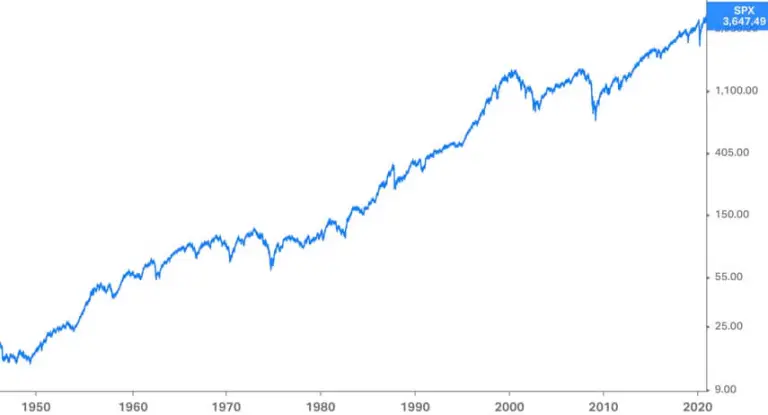
Investment lessons from a pandemic – Markets in a time of COVID-19
Of all the 25 years that I have been a financial adviser, 2020 goes down as the most challenging so far.
To be fair, a large part of the reason for that is that it is still so fresh. In reality, the terrorist attacks of 9/11 and the financial crisis in 2008/2009 were probably equally challenging. However, the passing of time has lessened their impact on my psyche.
What this year has demonstrated, is that no amount of study—of economic commentary and market forecasting—ever prepares us for these really dramatic events, which always seem to come at us out of the blue. Thus, trying to make investment strategy out of “expert” prognostication—much less financial journalism—always sets investors up to fail.
Instead, having a long-term plan, and working that plan through all the fears (and fads) of an investing lifetime, tends to keep us on the straight and narrow, and helps us to avoid sudden emotional decisions.

Precipitous fall
The US equity market dropped 34% in 33 days during the first quarter of this year. Stock markets in other countries followed suit.
None of us has ever seen so precipitous a decline before—but with respect to its depth, the fall was just about average. That is, stock markets have declined by about a third on an average of every five years or so since the end of the Second World War.
However, in those 75 years, the S&P Index has risen 243x from about 15 to where it is as I write this (3,647).
The lesson is that, at least historically, the declines haven’t lasted, and long-term progress has always reasserted itself.

Dynamic Recovery
Almost as suddenly as the market crashed, it completely recovered, recouping its losses by August.
We should note that this was before the first successful covid-19 vaccines were announced and that the news concerning the virus and the economy continued to be dreadful; even as the market came all the way back.
Great Lessons
I think there are actually two great lessons here.
Firstly, the speed and trajectory of a major market recovery very often mirror the violence and depth of the preceding decline.
Secondly, equity markets most often resume their advance, and may even go on to new high ground, considerably before the economic picture clears.
If we wait to invest before we see unambiguously favourable economic trends, history tells us that we may have missed a very significant part of the market advance.
The overarching lesson of this year’s swift decline and rapid recovery is, of course, that the market can’t be timed—that the long-term, goal-focused equity investor is best advised to just ride it out.
This is an investment lesson that has stood the test of time, and if anything, our experience in this year of coronavirus has validated this approach even further.

Talk to an Expert
Ross is a qualified Chartered Financial Planner and Pension Transfer Specialist.
He has been a cross-border financial adviser for 25 years and specialises in helping British expats manage their finances with clarity and peace of mind.
If you would like to have a no strings chat with him, please get in touch.

